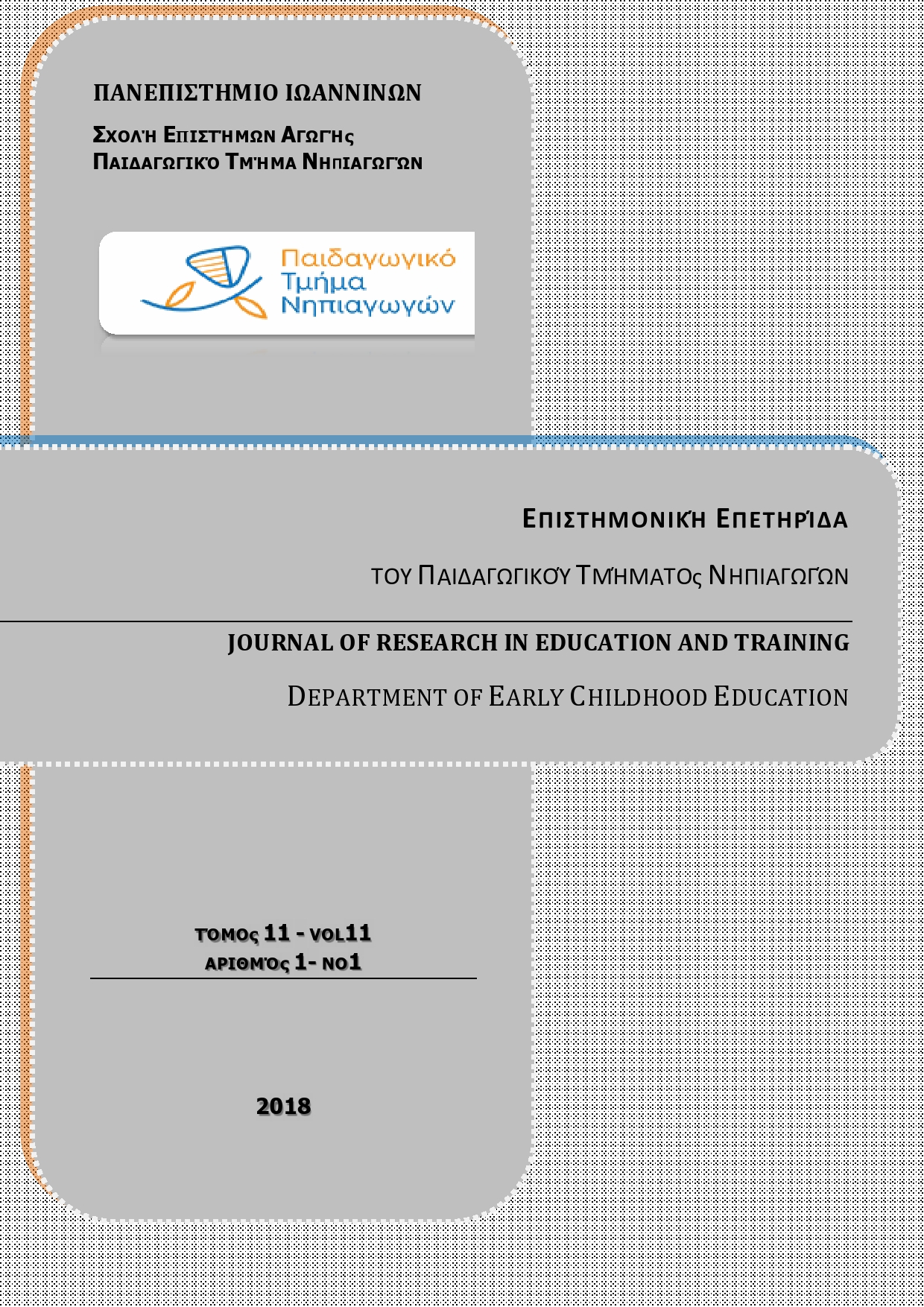Recalling the past “The voice of objects’’ in three short stories for young readers written by Angeliki Varella

Abstract
The aim of this paper is to examine how three objects of the past provide the narrator with the opportunity to travel back in time in three different short stories for young adults written by the distinguished Greek children’s writer Angeliki Varella. Firstly, I will provide some information about the author and then I will concisely examine how memory works in autobiographical short stories for children and young adults. My objective in this paper is to focus on “Fluri konstantinato” (1998),“Kobe kore”(1999) and “The sounds of the gramophone” (2006). I will trace the journey of memory in these three short stories and I will explore how objects function as vehicles for the narrator’s journey into the past. A golden coin (fluri) brought by a refugee from Asia Minor in “Fluri konstatinato”, a bakiri – a cup for carrying porridge- in ‘’Kobe Kore’’, an old gramophone in “The sounds of the gramophone”, all these objects of another epoch, exist simultaneously in the present of the narrator, not only as decorative elements, but also as reminders of her childhood. In these three autobiographical short stories the narrator’s past comes alive through memory, and memory continues to recall experiences as things of the past are still there, having their own ‘voices’. The role of the objects and the confrontation with figures of the past in each story will therefore be analyzed. I also hope to show the aspects of the articulation of time and space through narrative modes in these three stories.
Article Details
- How to Cite
-
Margariti, D. (2018). Recalling the past: “The voice of objects’’ in three short stories for young readers written by Angeliki Varella. Journal of Research in Education and Training, 11(1), 136–153. https://doi.org/10.12681/jret.14977
- Issue
- Vol. 11 No. 1 (2018)
- Section
- Articles

This work is licensed under a Creative Commons Attribution-NonCommercial-ShareAlike 4.0 International License.
Authors who publish with this journal agree to the following terms:
- Authors retain copyright and grant the journal right of first publication with the work simultaneously licensed under a Creative Commons Attribution Non-Commercial License that allows others to share the work with an acknowledgement of the work's authorship and initial publication in this journal.
- Authors are able to enter into separate, additional contractual arrangements for the non-exclusive distribution of the journal's published version of the work (e.g. post it to an institutional repository or publish it in a book), with an acknowledgement of its initial publication in this journal.
- Authors are permitted and encouraged to post their work online (preferably in institutional repositories or on their website) prior to and during the submission process, as it can lead to productive exchanges, as well as earlier and greater citation of published work (See The Effect of Open Access).


